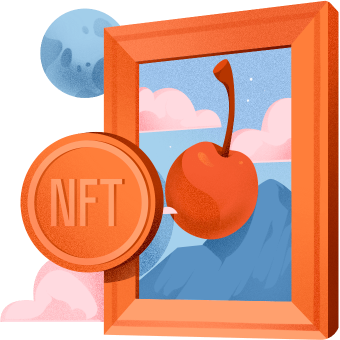StableLab Saves ~35% in Hosting Costs with Cherry Servers' Bare Metal Cloud
StableLab, a leader in decentralized governance, struggled with unreliable and costly infrastructure that wasn’t optimized for blockchain demands. They needed robust performance for validator and RPC nodes across multiple networks.
Solution
StableLab deployed custom dedicated bare metal servers to power their blockchain validation and staking operations, with configurations optimized for each blockchain's requirements.
Result
Cherry Servers' dedicated bare metal servers boosted uptime to nearly 100% and cut hosting costs by ~35%, while helping increase infrastructure revenue by 20%, ensuring maximum returns for stakers.









.png?id=1758550628)

.png?id=1758550649)



.png?id=1758550700)

